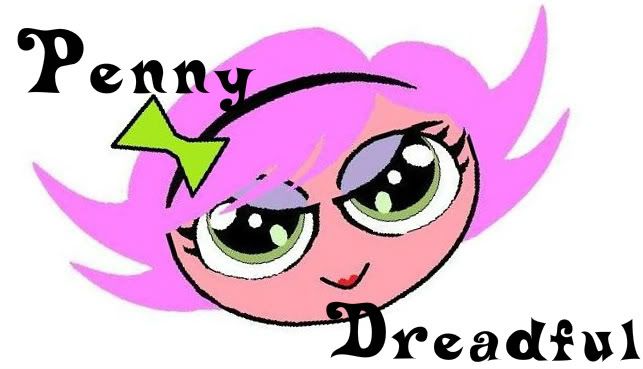Language is a mirror that reflects the culture that produces
it.
In George Orwell’s 1984, one of the goals of Big Brother is
to reduce vocabulary because a broad vocabulary can convey complex
thought. If you don’t want people to
think, limit their ability to communicate.
Part of the complexity that language communicates is the
history of a people and the way they think, for example the taboos that they
have embraced. A common taboo among
humans is left-handedness.
About 10% of the world population are left-handed. Apparently that’s just the right number to
freak history right the heck out because it’s a taboo that is extremely common
in languages around the world.
This is kind of long, so the rest of the post is after the jump...
Because this is a k-drama blog I’m going to talk about
Korean but with the caveat that I do not speak Korean and the stuff I’m going
to talk here reflects what I have looked up.
Did you know that Korean is the most widely spoken language isolate in the world? Another example of a language isolate is
Basque, spoken on the border of France and Spain. A language isolate is a language that cannot
be connected to the surrounding language families. It’s an orphan language that has grown up
alone because the culture that produced it was somehow isolated. In the case of Korean, this happened because
Korea is a peninsula.
But what about Korea’s number system and all these other
words that are Chinese? They are what
are called borrow words. When one
language comes smack, bang up against another one there are language
exchanges. Chinese is a part of the
Sino-Tibetan language family, but Korean is not. Linguists are able to tell this by looking at
words for family and certain basic day to day words.
Let me give you an example from English. English is a Germanic language (and a part of the wider Indo-European language family) but has an
enormous amount of Latin and French. There are two reasons for this. The first is the influence of the Catholic
church and the fact that Latin was the language of education for well over
1,000 years (in fact it’s only in the last one hundred years that it has fallen
out of favor as a required course for high school and college students). Secondly we have the advent of William the
Conqueror in 1066.
When the English lost the Battle of Hastings, they also lost
their control of the lingua franca. English was spoken by the people doing the
actual work, but the people telling them what to do spoke French and
Latin. This is why it’s chicken, but it’s
also poultry. This is why it’s a cow
when it’s walking around in a field, but beef when it’s on the table. Pig vs. pork, deer vs. venison, and so on and
so on.
Okay, so back to the left-handed taboo. Spanish is an excellent example of this. Right is “derecha” (from the Latin “directus” meaning straight
or proper. ) Left was originally “siniestro”
(from the Latin “sinister” meaning unlucky or wrong) Over time word sinister
became more and more associated with wickedness, so the Spanish ended up
borrowing the word for left from Basque, “izquierda”, because it had a neutral
connotation being a foreign word.
The same thing happened in English. The word "right" in English has the same Latin root as "derecha". The original Old English word for "left" had originally been "sinister" but had changed to a borrow word from a Northern England dialect. Unfortunately for left-handers the borrow word meant "weak", but I guess that's better than evil, amirite?
So according to this website:
right - Oreun(in Korean). It means right, correct (it is like English 'right'). Also, Oreunson(right hand) is often replaced 'Bareunson', its mean is perpectly same 'right'. It is very interesting.
left - oen(it sounds like 'when') It means 'wrong', 'bad' in old Korean. It is used in Korean proberb sometimes
According to this website, there is a Mandarin borrow word that also means left: 左侧
So the pattern repeats itself.
So,in a nutshell, on opposite sides of the world Korea and Spanish (and English!) school children were all historically tortured into writing with their right hands because of a perception of a twist of genetics. And we can tell this from language.

No comments:
Post a Comment